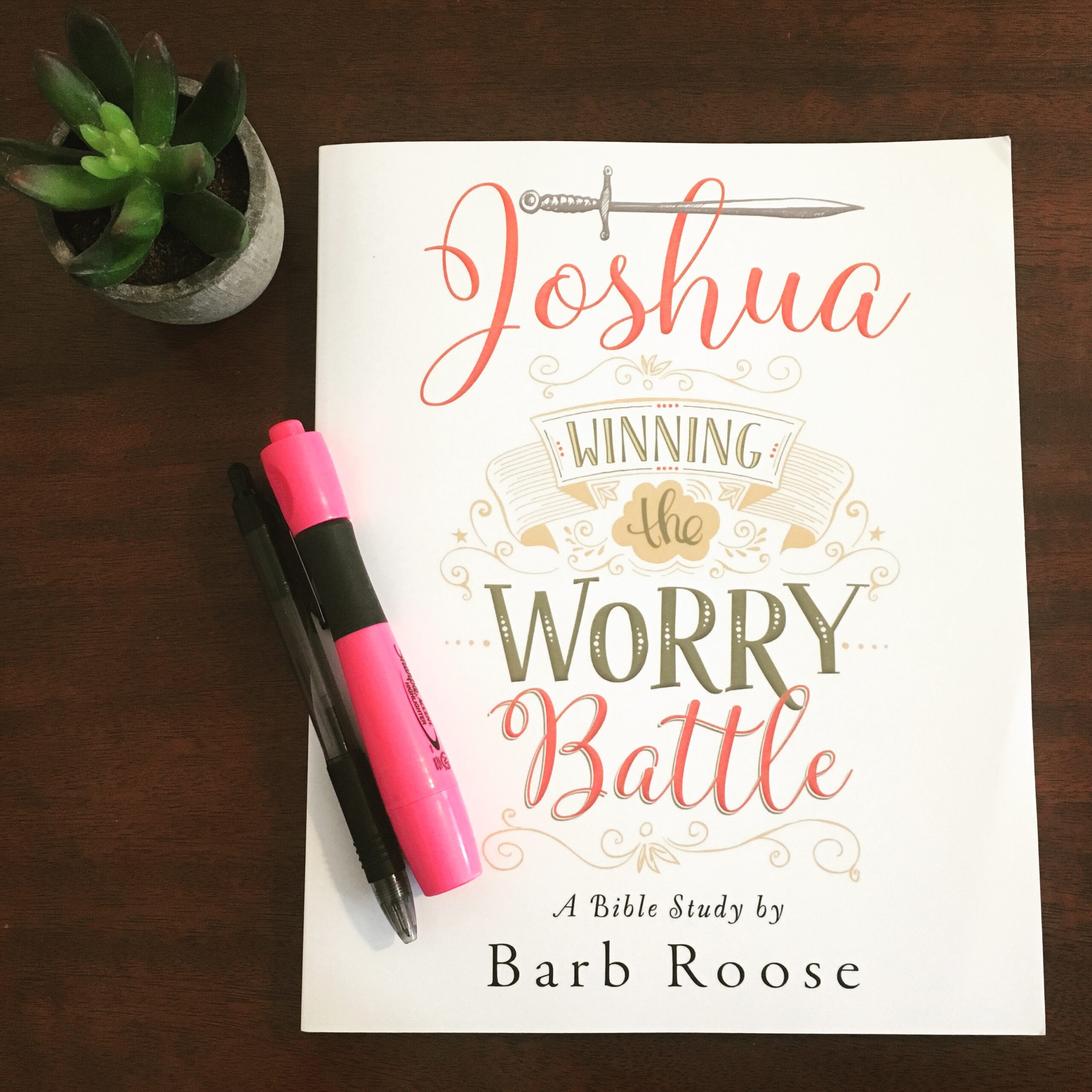Do you ever wonder if you’re helping or hurting someone who is making bad life decisions?
If you’ve experienced my Joshua Bible study, you may remember a story that I tell about my friend, Leah. She struggled with young adult children who weren’t making healthy or helpful decisions. At the time, Leah lived stressed-out because whenever her 20-something kids would call in crisis, she didn’t know if coming to their rescue was actually helping or hurting them.
Perhaps, you can relate. Whether it’s your teen or adult kids, a sibling, parent or friend, we all want to show up and be there when they are struggling. But, how do we lovingly respond when their crisis is the result of self-inflicted pain, such as irresponsibility, addiction or unrepentance.
In Joshua 10, a group of foreigners visit Joshua and the other Israelite leaders. The foreigners present evidence of their long journey to make a treaty with the Israelites, who’ve gained quite a reputation for defeating the Canaanite kings. Somehow, they knew that the Israelites were forbidden from making a treaty with their Canaanite neighbors.
Joshua and the Israelite leaders believed the story of the foreigners and made a treaty with them. However, they quickly found out that the foreigners’ detailed story was all a lie! The foreigners, known as the Gibeonites, made up the story because they were afraid of being conquered. Since Joshua and the leaders didn’t prayerfully discern the treaty request, the Israelites ended up being responsible for an entire group of people that they never should have been responsible for. This meant bearing an extra burden of responsibility that God never intended for the Israelites to carry.
Anyone ever bail out someone and then regretted it later?
The sad reality is that desperate people who are in the habit of making bad decisions will often resort to making up stories or manipulating you as the listener to guilt you into rescuing them or shouldering their responsibility. However, God hasn’t called you to carry the load of anyone’s life, but your own.
Still, it’s not easy when someone is pouring out their sob story. So, how can you respond in a way that is respectful and loving, but without giving in? Here’s a tool from my Surrendered Bible study called “Validate and Wait.” I created this tool for myself years ago while I was dealing with an addiction issue in my household. Using this tool allowed me to speak and act in a respectful manner, but without offering help that could harmfully enable someone who refused to do what was healthy or helpful for themselves.

Here’s how you can use this tool:
First: Validate the person’s stress, fear, or even panic by patiently listening to his or her story.
Coach yourself to listen without interrupting, judging or asking a lot of questions. Just listen. Avoid giving advice, because that’s often like turning the doorknob on the temptation to rescue.
While advice can be a good thing, it’s not helpful when the other person has a track record of ignoring wisdom and good advice. Instead, you can say things like, “I’m so sorry to hear this,” or “Gosh, that sounds like it is really hard for you to deal with.”
Second: Give God space to work.
Once they’ve shared their entire story, they may be waiting for you to make an offer to step in and help. However, the best thing you can do is give God space to work in their lives by saying one or both of the following responses:
“Oh, I am so glad that you’ve shared all of this with me. This is going to be a pretty tough problem for you to deal with, but I know that you can do it.”
I’m going to take some time to pray for you and ask God to give me some encouragement to share with you.” (You might even offer to pray with the person right then.)
You may need to repeat these phrases if they call you again the next day. You do not need to make any offers to help until you’ve prayed and asked other trusted voices for input on what you should do.
For sure, this isn’t an easy situation, especially if you’re struggling with your own anxiety. However, as a therapist said to me years ago, “Barb, you’ve got to let them discover their need for God.”
The tough truth is that when someone is struggling for a long time, we need to step aside and allow them to experience the natural consequences of their behavior and trust that God will meet them in that place.
TELL ME WHAT YOU THINK: This may have been a pretty tough devotional for you to read because it’s a hard topic. Are you dealing with a situation right now where helping someone might actually be hurting them? How are you doing with it? Is the Validate and Wait tool helpful for you?



Yes! I think I kept rescuing him because he’ms my son and I thought it was what God wanted me to do,but not only am I taking the opportunity for him to trust God away but I’m also not trusting God to work in his life. 29 years ago I was in the same place and I had to trust God. I must validate and wait and let my son trust God and work with Him to change his life.
Hi Dotty! Thanks for stopping by and sharing your comment. I know that many, many women can relate to what you’ve written about trusting God with our children. It’s hard to do, but God is faithful!
Your devotionals and various studies have helped me in so many situations. Learning to let God direct us and not think we have the answers can be very difficult at times. I thank God with all my heart for speaking through you to be so helpful to so many. 💜💖
Anita, you’ve blessed my heart today. I love that God has used my words to show you His love and grace all over your life. Thank you for encouraging me today.
Great thoughts Barb. As you described, we may be keeping someone from the conviction of God if we step in with advice or rescue. The hard part is the wait…
So true, Susan. The hard part is the wait – and also when they don’t want God’s help. Yet, we continue to trust God with our lives and pray for them.
I totally agree with you. I personally wanted to save my loved one over and over again. In doing that I did not allow God to do the work in him. God was the One constantly wanting the glory but I was sticking my noise where it did not belong. Hence I’ve allowed God to be God and I have peace.
Rhonda, that’s beautifully said!
I have used this technique and reread it multiple times to help me with my niece. She is 30 years old now and keeps making the same ill-fated decisions. It makes it so hard because she has children.
That’s wonderful, Kim! I’m so glad that God used this devotional to meet you where you are at.
Such good advice. My adopted daughter keeps making the same “stupid” mistakes over and over. I need to stop offering advice as it is never heeded, and you’re right, it opens the door to needing to help. Since she’s 27, I can’t bail her out any more. The help I’m giving at this point is raising her young daughter for her.
Hi Heather, thanks for stopping by and checking out the devotional. Yes, it’s so hard when someone we love struggles with making healthy decisions. It’s hard to watch them live in the consequences of their decisions. I’m glad that you recognize what is healthy, even though it isn’t easy.